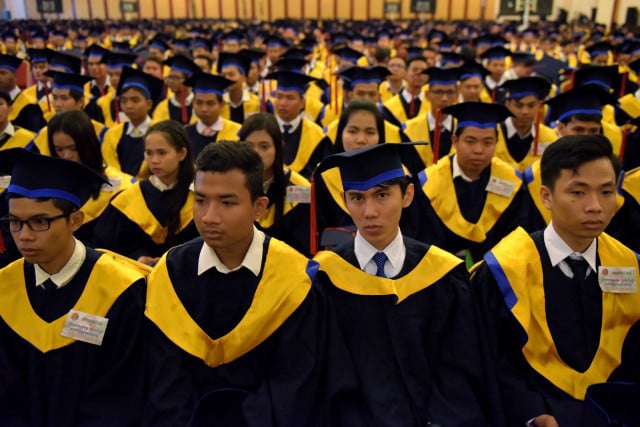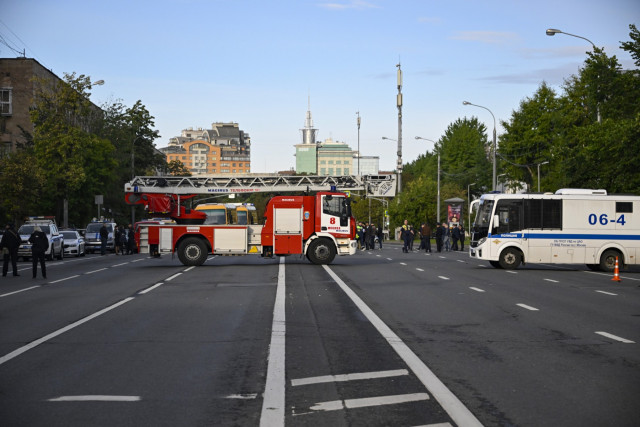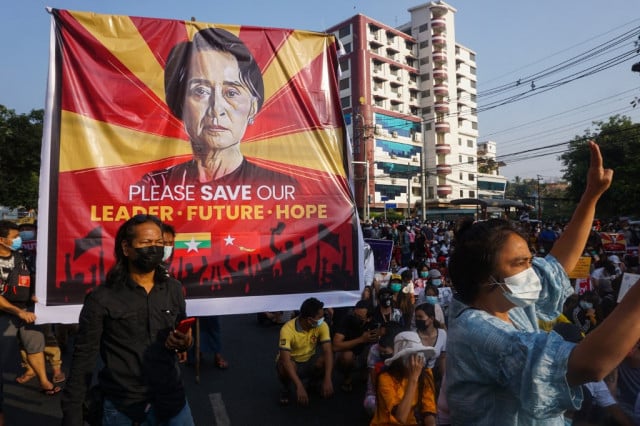The Issue of Title Acquisition through Proxy Writing in Cambodian Academia

- By Sereyrath Em
- August 6, 2023 3:07 PM
In recent times, Cambodia has witnessed a concerning trend within its academic institutions. With the introduction of the Royal Degree of Professorship, some university lecturers have resorted to unethical practices by seeking academic titles without the necessary qualifications.
Instead, they employ individuals to write books, articles, and other scholarly documents on their behalf. This issue undermines the integrity of the academic system and devalues the significance of genuine scholarly achievement. This article aims to shed light on this problem and propose potential solutions to address it.
However, the rise of proxy writing for title acquisition poses several significant challenges within the Cambodian academic landscape. First of all, it erodes the fundamental principle of academic meritocracy, which ensures that academic titles are granted based on genuine intellectual contributions and expertise. By engaging in proxy writing, individuals bypass the essential process of knowledge acquisition and scholarly growth, thus undermining the integrity of the academic community.
Moreover, the prevalence of proxy writing perpetuates a culture of academic dishonesty. It erodes the trust between lecturers, students, and the wider academic community as it fails to uphold the core values of transparency and authenticity. It also creates an environment where qualifications are obtained through shortcuts rather than hard work and dedication, devaluing the significance of academic titles.
Addressing the issue of proxy writing within the Cambodian academic system requires a multifaceted approach involving various stakeholders. Here are some potential solutions that can help mitigate this problem.
First, universities and academic institutions should establish and enforce strict policies that explicitly prohibit proxy writing for title acquisition. Clear guidelines and consequences should be outlined, emphasizing the importance of individual effort, knowledge acquisition, and scholarly integrity.
Second, institutions should implement robust mechanisms for supervising academic work, including regular progress checks, plagiarism checks, and examinations to ensure the authenticity and originality of the work. This can help identify instances of proxy writing and discourage lecturers from engaging in such practices.
Third, it is crucial to foster a culture of academic integrity among students and lecturers. Educational programs and workshops should be conducted to raise awareness about the negative consequences of proxy writing and the importance of individual intellectual growth. Emphasizing the value of genuine scholarly contributions will deter individuals from resorting to unethical practices.
Fourth, institutions should promote a collaborative research environment where lecturers can collaborate and share their expertise. By fostering a culture of collaboration, the significance of individual contributions is emphasized, reducing the appeal of proxy writing as a means of obtaining academic titles.
Finally, academic journals and publishing houses should enhance their peer review processes to ensure the authenticity and quality of scholarly works. Rigorous evaluation and scrutiny of submitted papers can help identify instances of proxy writing and discourage its prevalence.
In conclusion, the issue of proxy writing for title acquisition in Cambodian academia is a matter of great concern. It undermines the principles of academic meritocracy, erodes trust within the academic community, and devalues genuine scholarly achievements. The Cambodian academic system can effectively address this issue by implementing strict policies, promoting academic integrity, and fostering a collaborative research environment. Only through collective efforts and a commitment to academic honesty can the integrity and value of academic titles be restored, thereby advancing the nation's educational landscape.
Sereyrath Em is a Cambodian government teacher of English with a higher education degree, and a university lecturer. Currently, he is a Ph.D. candidate in Educational Sciences at Khemarak University, Phnom Penh, Cambodia.















